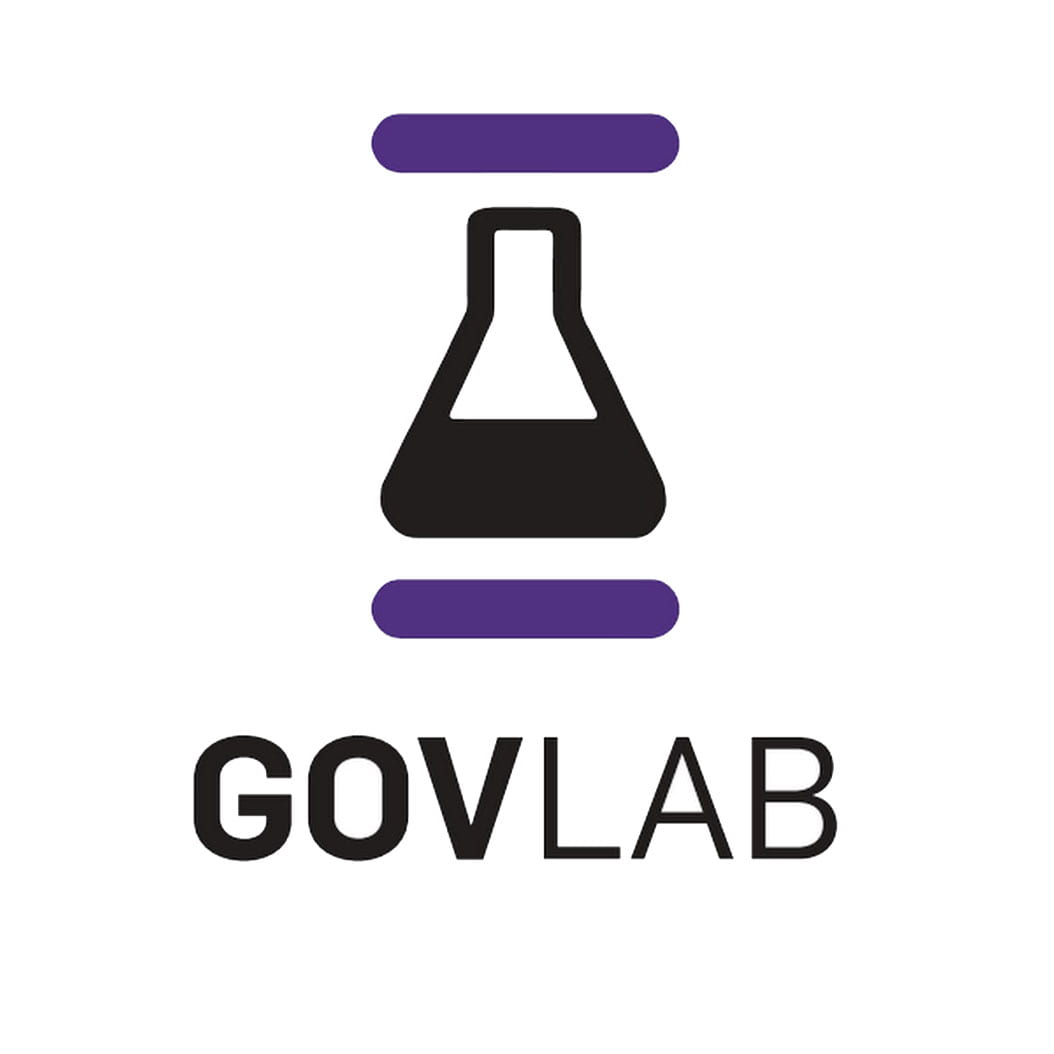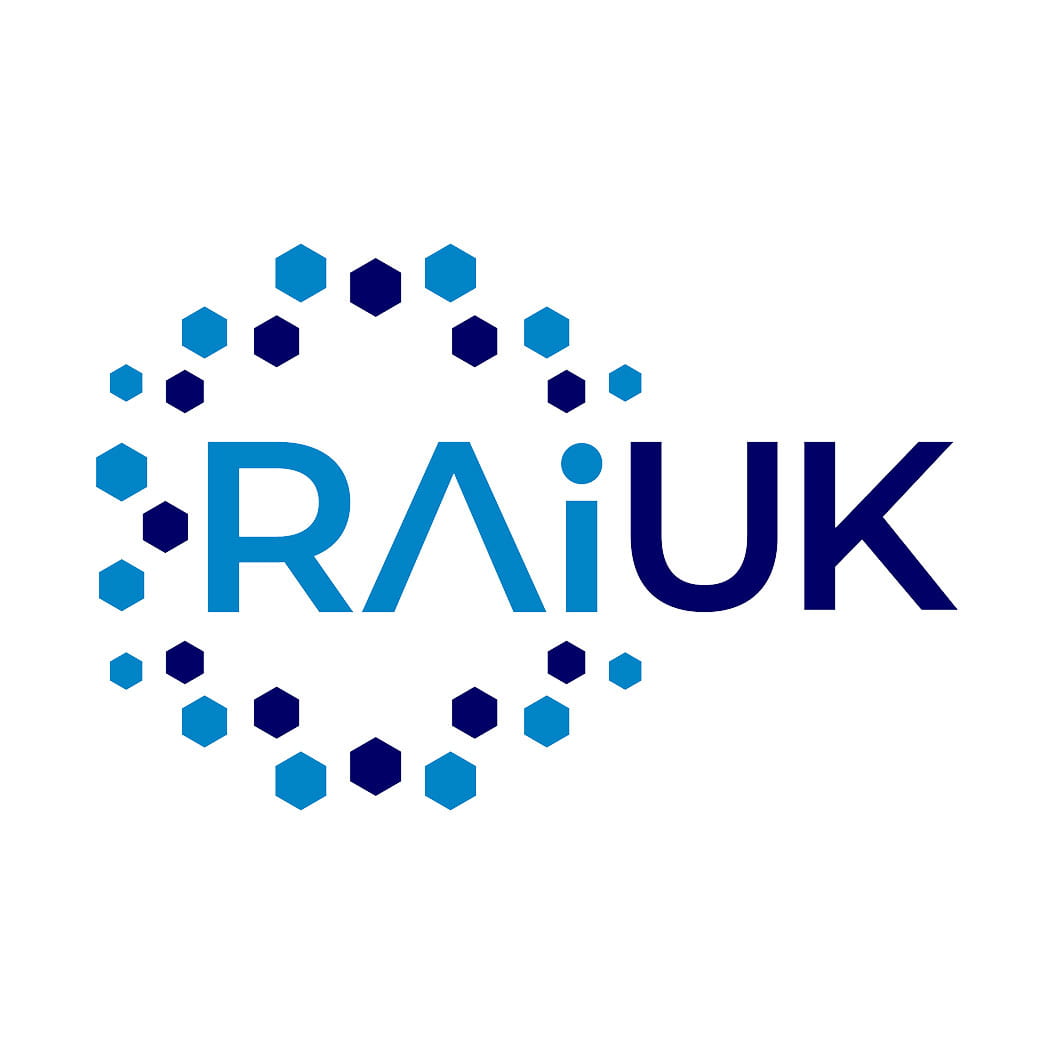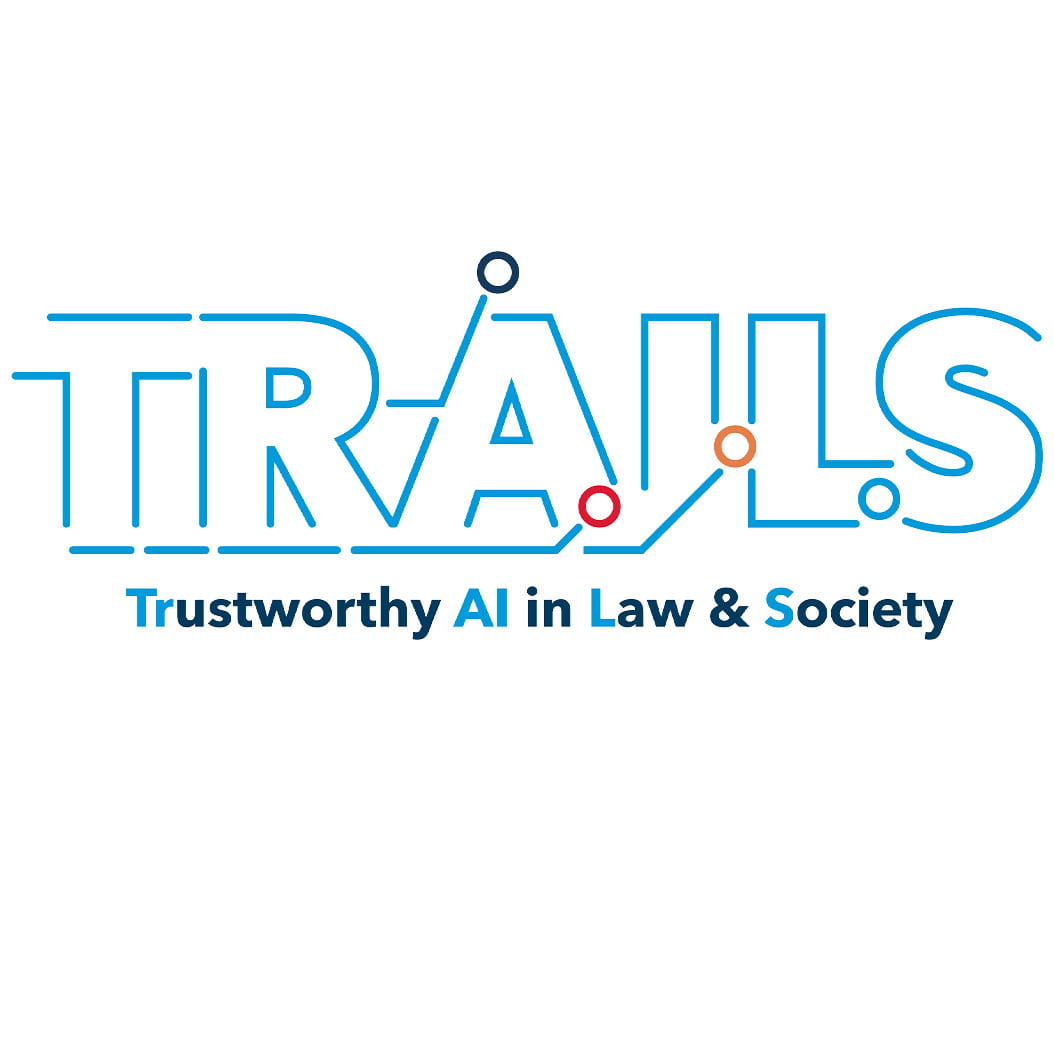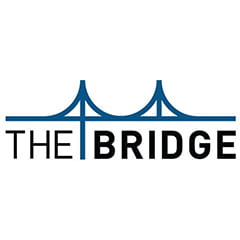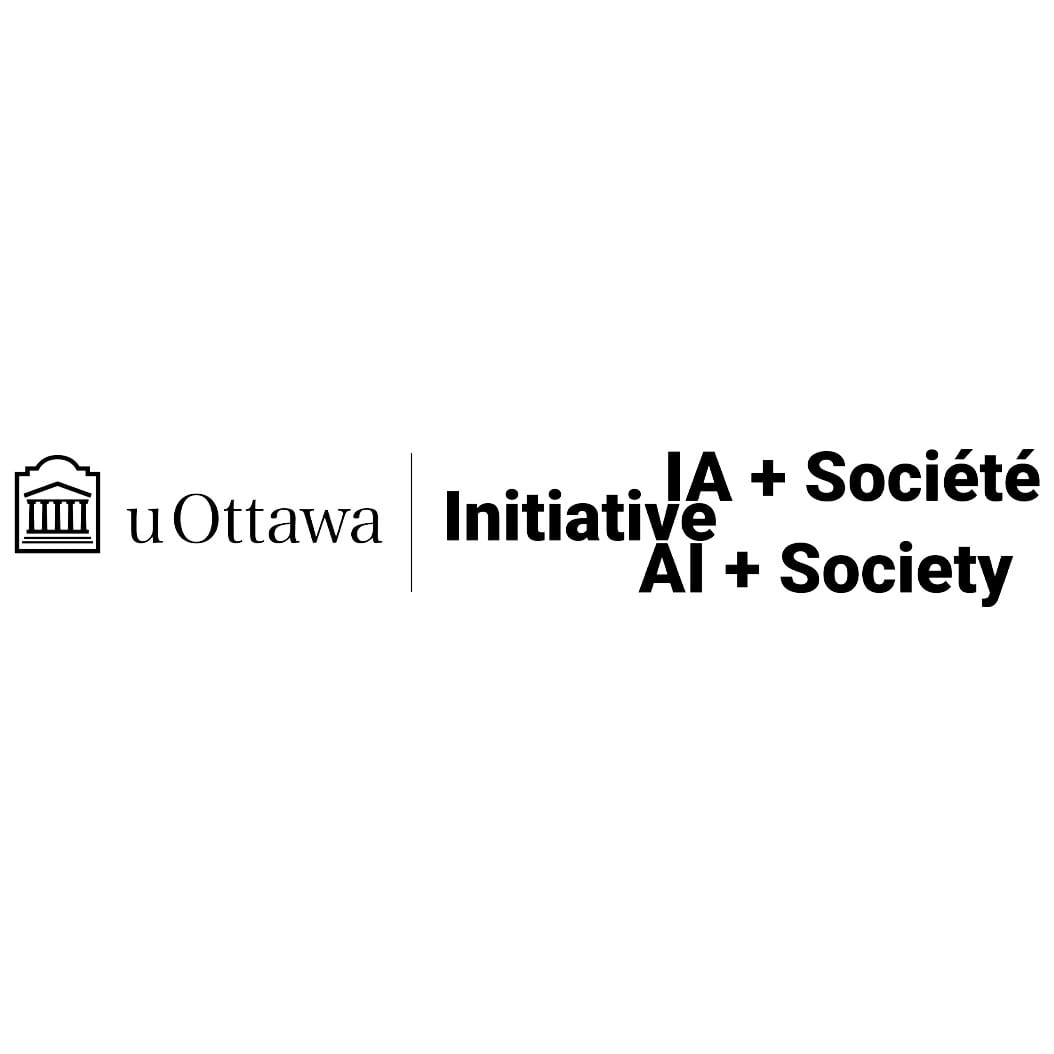Data Governance in the Age of Generative AI
@DataGovHub AI Conference
Date: Dec. 7 – Dec. 8, 2023
Location: The George Washington University Elliott School of International Affairs – 1957 E st NW, Washington, DC 200052
Register Today

Data Governance in The Age of Generative AI
Data Governance in the Age of Generative AI
@DataGovHub AI Conference
Date: Dec. 7 – Dec. 8, 2023
Location: The George Washington University
Register Today

Data Governance in the Age of Generative AI
About the event
@DataGovHub XR Conference
In-Person Event at the George Washington University
Our Immersive Digital Future: The International Policy Implications of Extended Reality
June 9 – 10, 2022

Immersive technologies such as augmented reality (AR) and virtual reality (VR) can change how we see and interact with the world. But we don’t know how these technologies (hereafter XR) may affect global governance and international relations.
Topics
The conference will include some 8 panels on various aspects of how XR will change international affairs and how governments are using XR to achieve international objectives.
Discuss
How XR may affect key issues and institutions of international governance such as national security, democracy, human rights, and international economic cooperation.
Explore
How XR challenges the role of the nation-state, corporations, and individuals.
Examine
How some countries are already adapting to the opportunities and risks posed by XR.
Audience & Format
The 2-day event will be free and open to all, bringing together policymakers and thought leaders in the field to discuss how XR is likely to impact different areas of cross-border importance. The conference is aimed at a general audience that has some understanding of data-driven change but is keen to know more. The conference will consist of speakers in various formats, but at all times, the audience will be able to question our experts. We will conclude with a half-hour dialogue among audience participants.
Event Organizers

DataGovHub Director
Susan Aaronson

Koch Research Fellow
Adam Zable
Partners
GWU Institute for International Economic Policy
Internet Society of Washington DC
Korea Economic Institute
Background on Immersive Technologies & International Relations

Follow us!
Get Notified
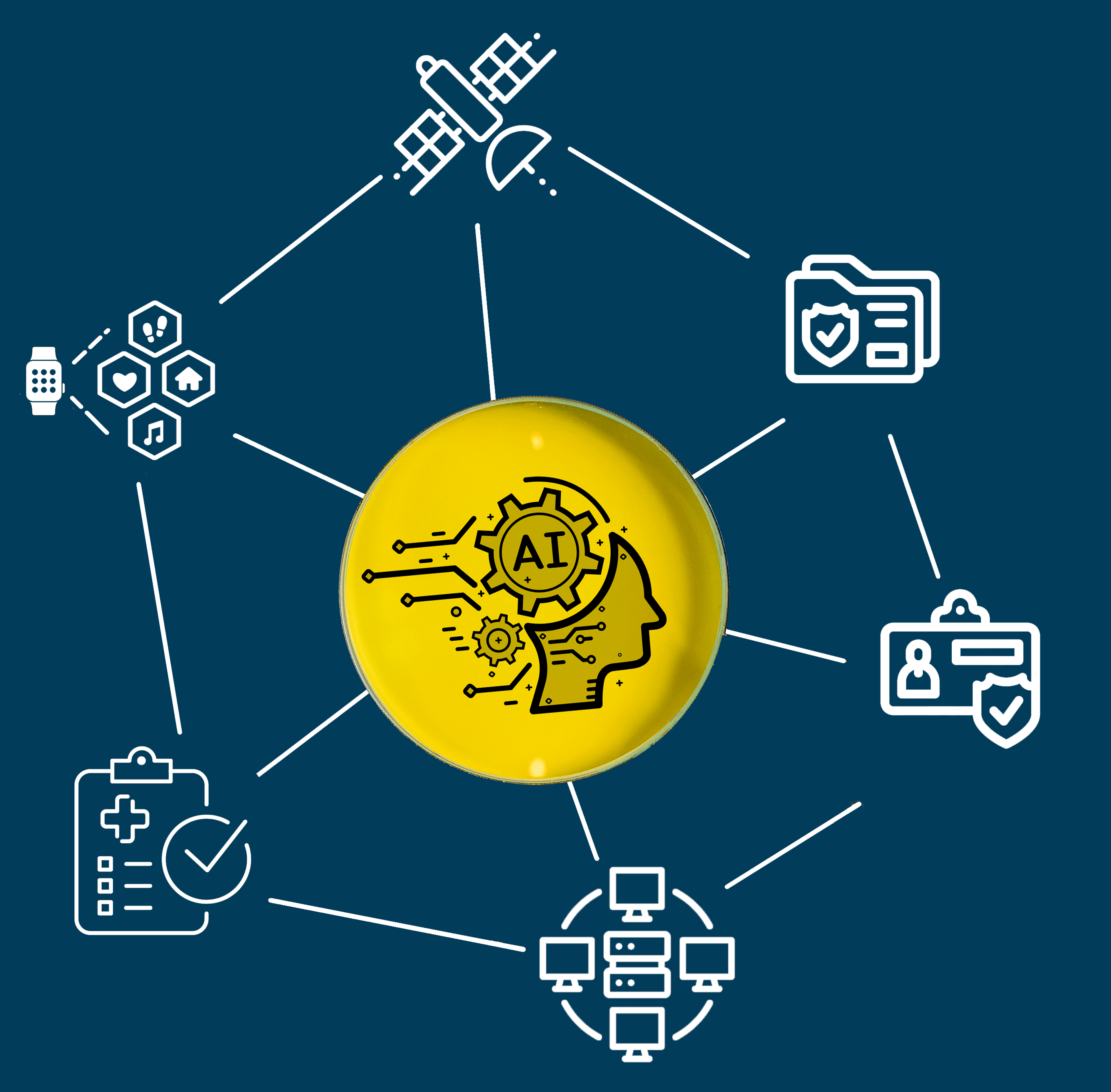
Generative AI is built on large language models (LLMs) which in turn are trained on large and diverse pools of data. These LLMS are consequential; many analysts believe that these technologies could transform society, undermine trust and longstanding democratic norms, and lead to major changes in how we conduct and replicate research. For example, researchers find growing evidence that content creators are less willing to share their data which could, over time, undermine openness and approaches to analyzing and replicating data that underpin science and knowledge generation.
Policymakers must find ways to encourage the development of LLMs while protecting individuals, groups, and local firms from potential harm. One such tool is data governance because there is no AI without large pools of data. But there are many types of data, strategies to govern data, and gaps in the governance of data. Moreover, no one yet knows how to ensure that the data that underpins AI, data built on troves of knowledge accumulated over centuries, is as accurate, complete, and representative as possible.
Topics
The global popularity and use of large language models for generative AI have revealed gaps in the governance of data at the national and international levels.
Identify
Identify the gaps in data governance for LLMs.
Suggest
Suggest ideas to address these gaps.
Promote
Promote greater understanding of data governance as a tool of governance for AI.
Audience & Format
The conference will consist of four panels designed to examine the current strategy for obtaining data, what we can learn about data governance through open- and closed-source models, and the long-term implications of the reliance on LLMs for society as a whole, and to discuss the gaps in data governance and how we can involve more people in the discussion over data governance. Each panel will begin with an overview presented by experts from business, civil society, and government. A moderator will then engage with the audience and the panel as they explore key questions related to data and LLMs.
Event Organizers
Health & Safety
We are monitoring the situation regarding Covid-19 closely, and the situation may change. Face masks are currently required to be worn at all times during the conference. Please note that these requirements may change, and we will update you in the event that they do. We strongly recommend all guests self-test before attending.
Funders
Partners

Bertelsmann Foundation

Centre for International Governance Innovation, Canada – CIGI
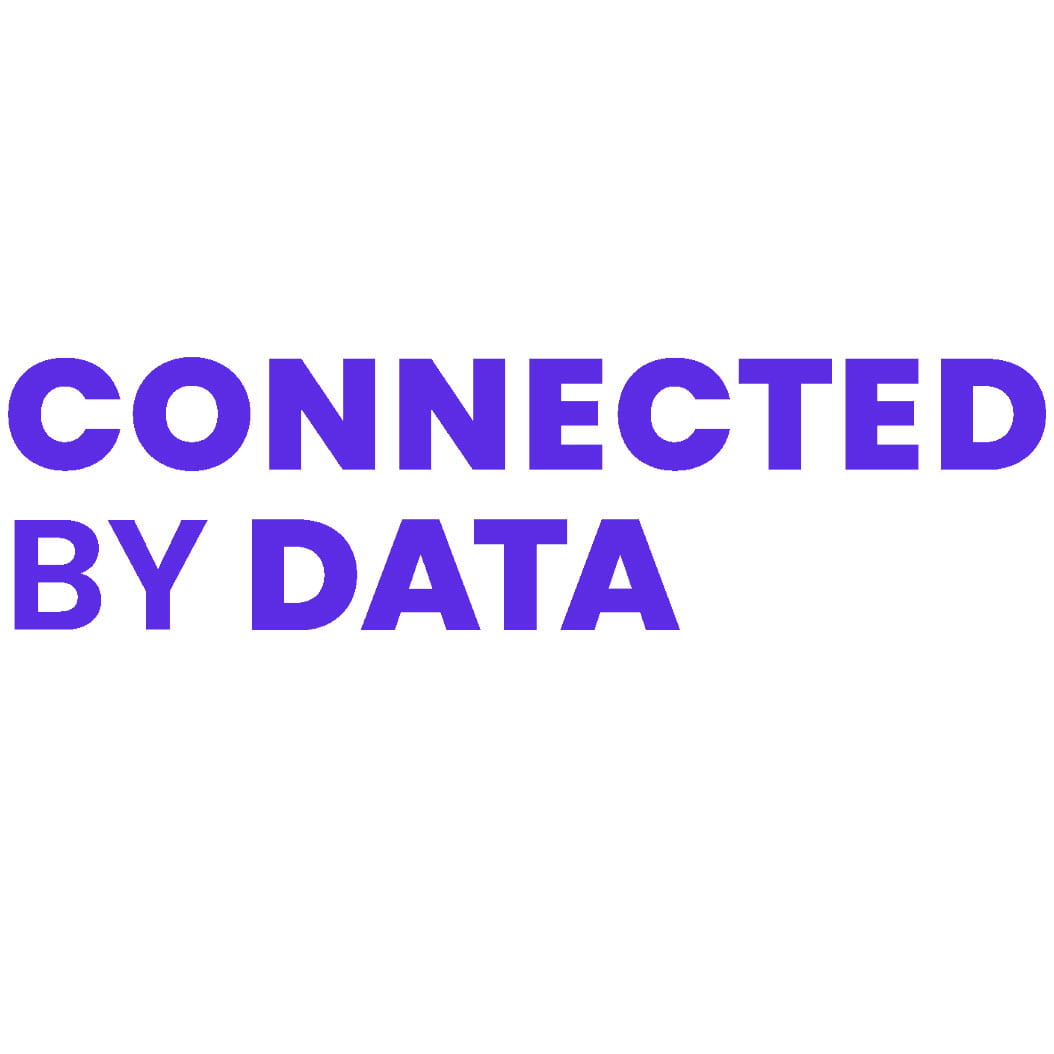




Background on Immersive Technologies & International Relations

Follow us!
Get Notified
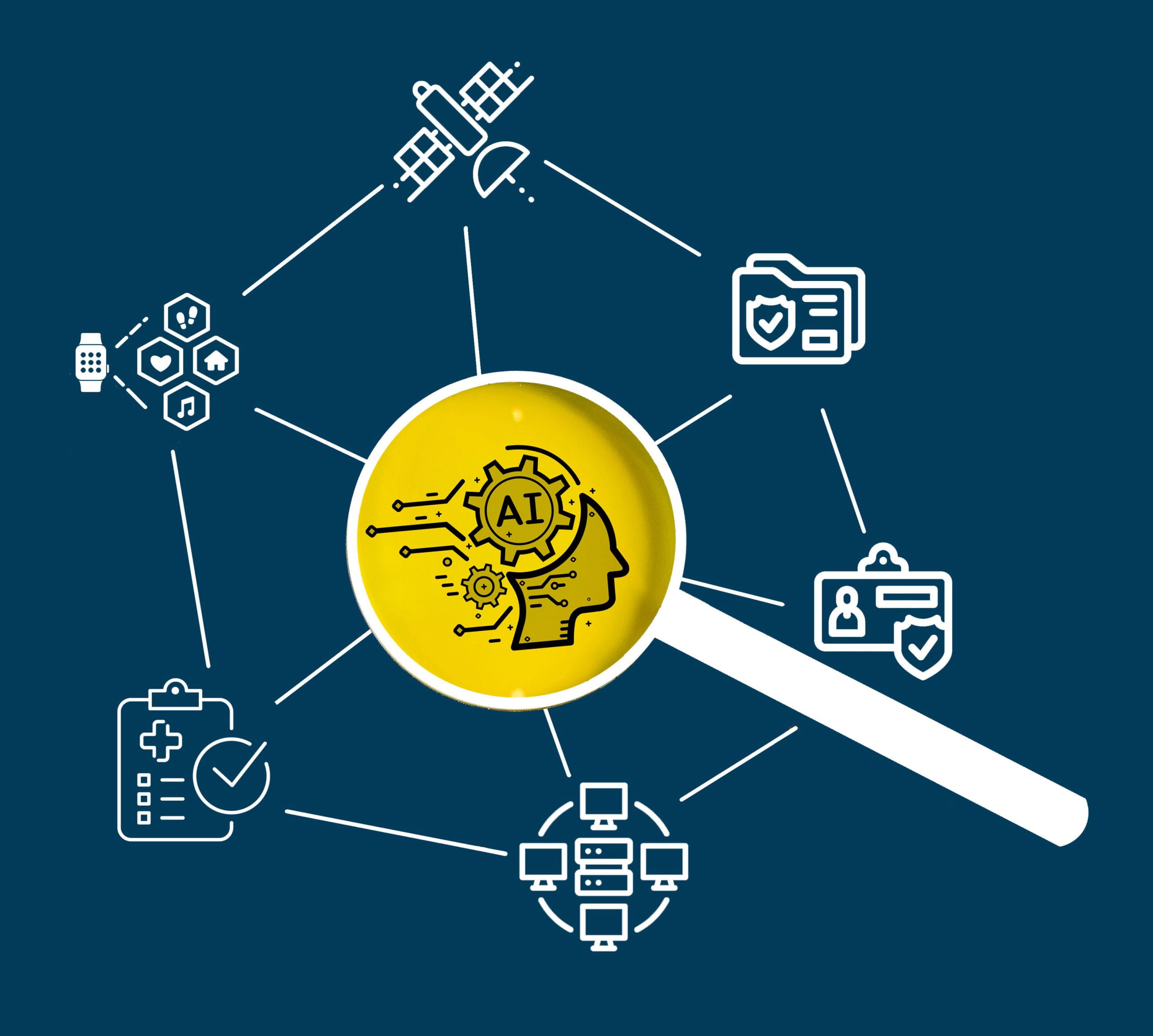
Generative AI is built on large language models (LLMs) which in turn are trained on large and diverse pools of data. These LLMS are consequential; many analysts believe that these technologies could transform society, undermine trust and longstanding democratic norms, and lead to major changes in how we conduct and replicate research. For example, researchers find growing evidence that content creators are less willing to share their data which could, over time, undermine openness and approaches to analyzing and replicating data that underpin science and knowledge generation.
Policymakers must find ways to encourage the development of LLMs while protecting individuals, groups, and local firms from potential harm. One such tool is data governance because there is no AI without large pools of data. But there are many types of data, strategies to govern data, and gaps in the governance of data. Moreover, no one yet knows how to ensure that the data that underpins AI, data built on troves of knowledge accumulated over centuries, is as accurate, complete, and representative as possible.
Topics
The global popularity and use of large language models for generative AI have revealed gaps in the governance of data at the national and international levels.
Identify
Identify the gaps in data governance for LLMs.
Suggest
Suggest ideas to address these gaps.
Promote
Promote greater understanding of data governance as a tool of governance for AI.
Audience & Format
The conference will consist of four panels designed to examine the current strategy for obtaining data, what we can learn about data governance through open- and closed-source models, and the long-term implications of the reliance on LLMs for society as a whole, and to discuss the gaps in data governance and how we can involve more people in the discussion over data governance. Each panel will begin with an overview presented by experts from business, civil society, and government. A moderator will then engage with the audience and the panel as they explore key questions related to data and LLMs.
Event Organizers
Funders & Contributors
Partners

Centre for International Governance Innovation, Canada – CIGI



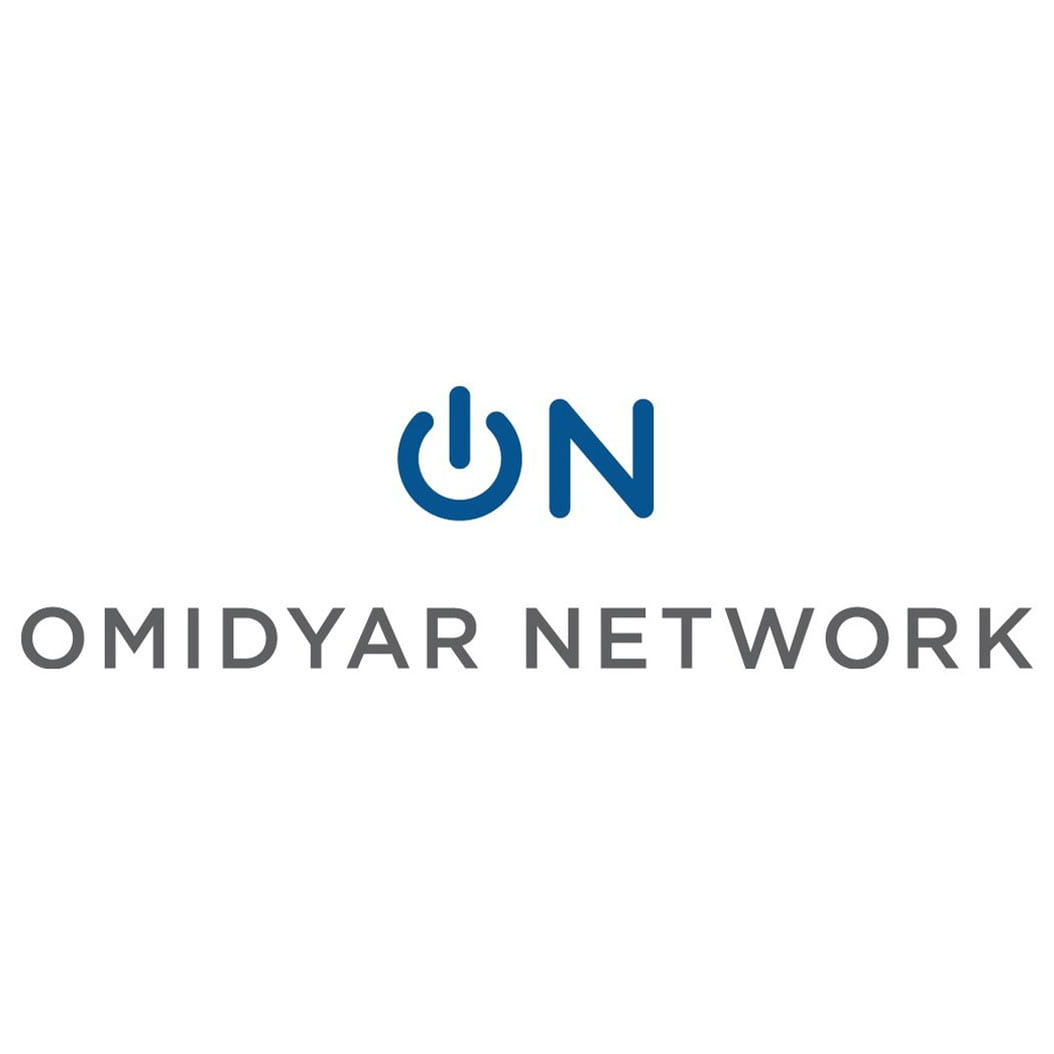

Background on Data Governance in the Age of Generative AI






